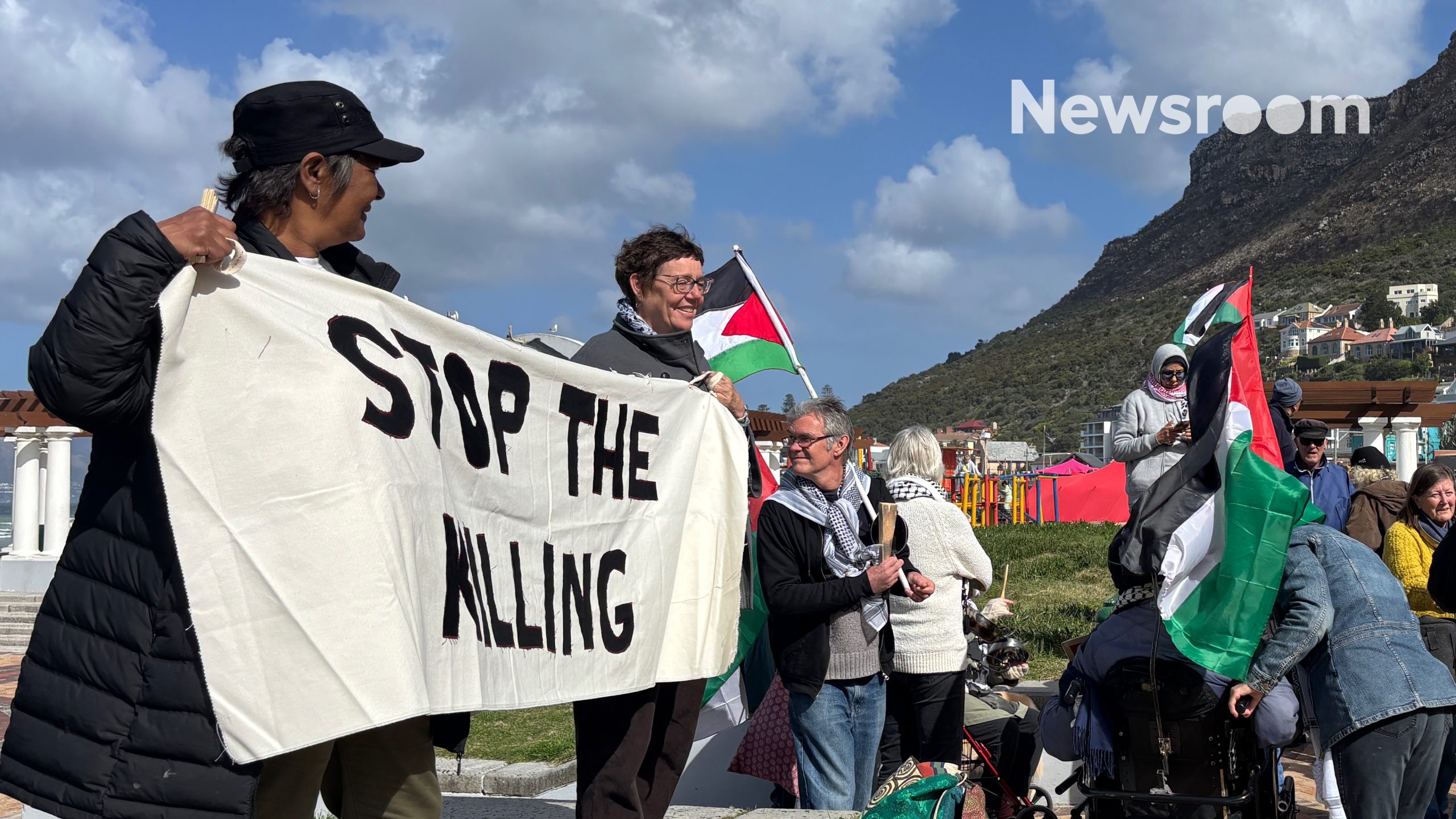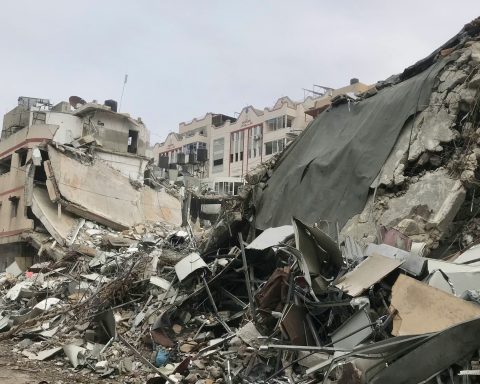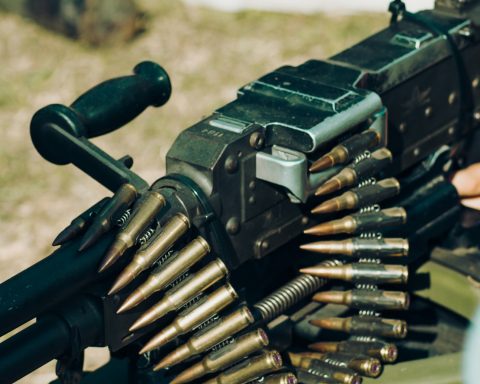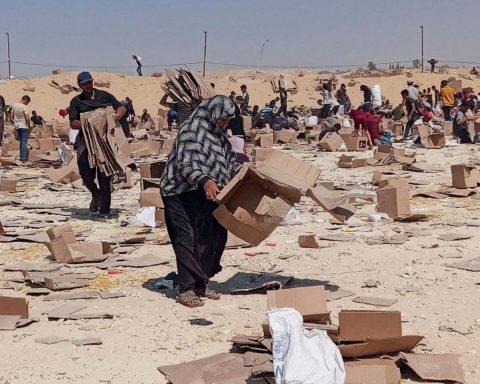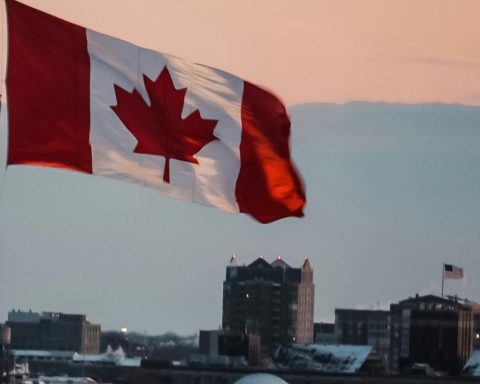The Muizenberg Palestine protest drew residents to the beachfront to show solidarity with Palestinians. Two recordings shared with Newsroom capture first-hand testimony from veteran activist Horst Kleinschmidt and from Omar, a Palestinian from the West Bank. Their accounts illustrate why the Muizenberg Palestine protest continues to gather momentum.
First‑Hand Voices from Muizenberg
Recalling his imprisonment in 1975 and 73 days in solitary confinement before 15 years in exile, Kleinschmidt said:
“I have been in the struggle against racism under apartheid all my life.”
He said he now sees “racist behaviour” in Israel and urged South Africans not to “pretend we’re neutral.”
Protesters chanted, “One, two, three, four, Starbucks, no more,” alongside calls for political change and “a Palestine in which all people can be free.” Kleinschmidt said weekly pickets have run in Kalk Bay for about 18 months, while the Muizenberg action is newer, with participants also gathering outside the U.S. Consulate in Tokai.
Why Starbucks was a Target at Muizenberg
Kleinschmidt linked the beachfront protest to a boycott message aimed at a nearby Starbucks, alleging the company’s profits support Israel.
Starbucks’ stance: The company says it has no political agenda and “has never contributed to any government or military operation.” In December 2023, Starbucks condemned violence and hate, stating its focus is “standing for humanity.” It says The Starbucks Foundation and its Middle East licensee have donated $3 million to World Central Kitchen to fund meals in Gaza.
The boycott calls intensified after a 2023 tweet from Starbucks Workers United, an independent union, read “Solidarity with Palestine!” Starbucks sued the union for trademark infringement, arguing the post misled people into thinking it reflected the company’s position. The union countersued, and both pro-Palestinian and pro-Israel groups boycotted Starbucks for opposite reasons.
Starbucks has not operated stores in Israel since 2003, closing its six outlets there due to “business challenges.” Its Middle East franchisee, Alshaya Group, cut 2,000 jobs in 2024, citing difficult trading amid boycotts. The company is not currently on the official global BDS list, though some local coalitions campaign against it.
Omar on Life in the West Bank
In the second recording, Omar describes conditions in the West Bank. He says villages are hemmed in by “illegal settlements,” which restrict mobility. He recounts farmland being taken, burned or seized by settlers.
“They took it as an excuse to really go very deep into the West Bank,” he says of the period since the Gaza war escalated.
Omar adds that his family’s city—where his grandfather and uncles built their home—saw that house “destroyed by the Israeli military.” His last visit, he notes, was about four years ago.
Call to Action
Kleinschmidt frames the Muizenberg Palestine protest as part of a global stand against racism and urges people who feel a moral responsibility to join future actions. The message from both speakers is clear: show up, speak out and keep the Muizenberg Palestine protest visible.
